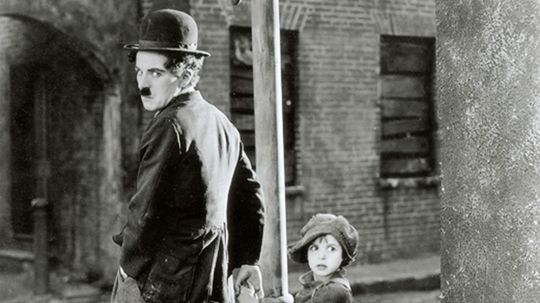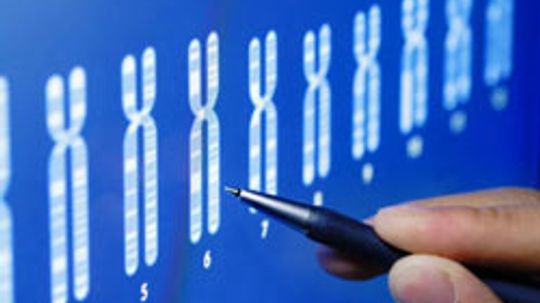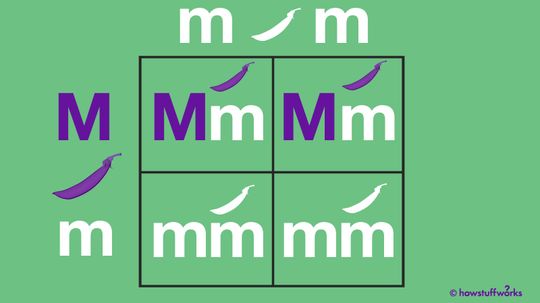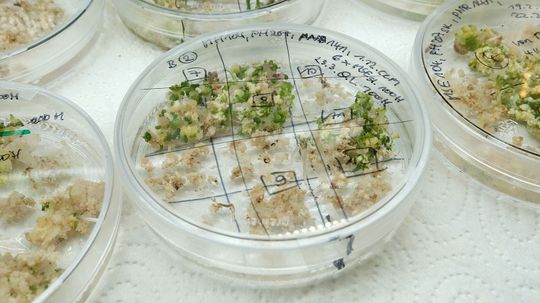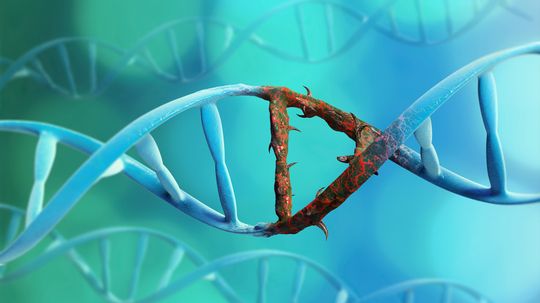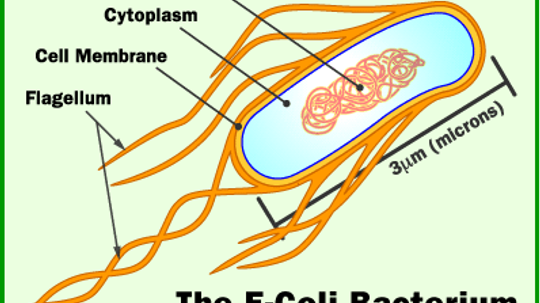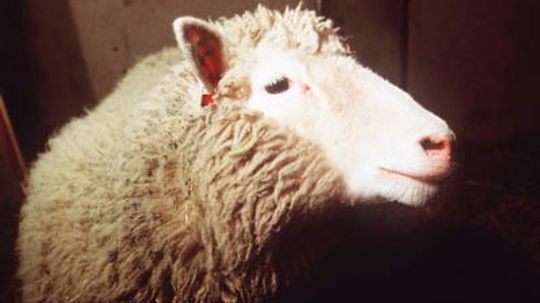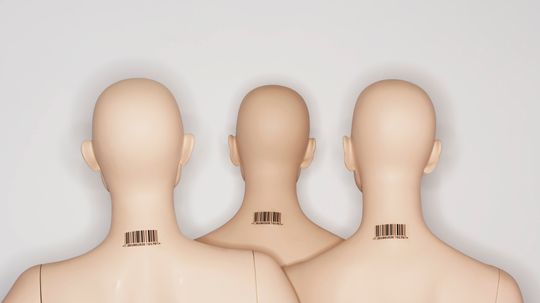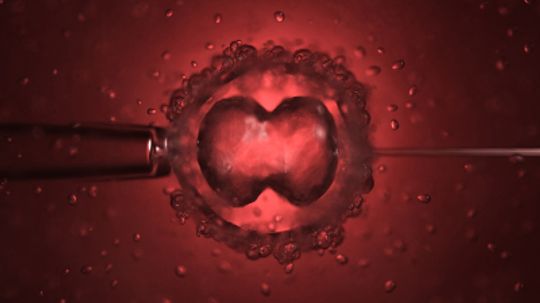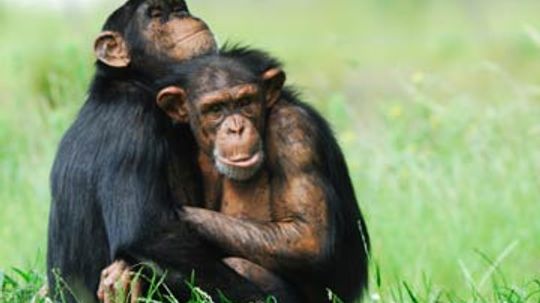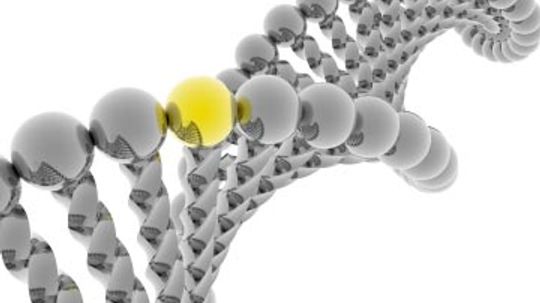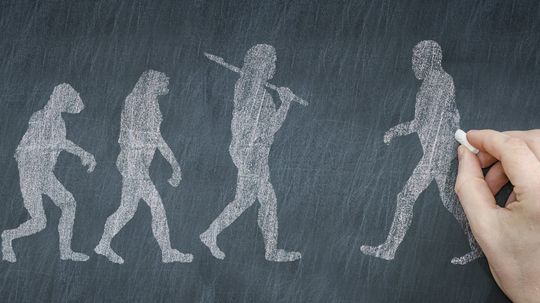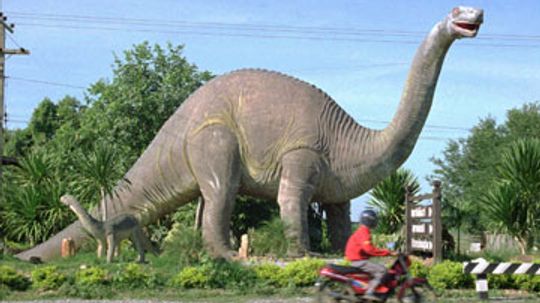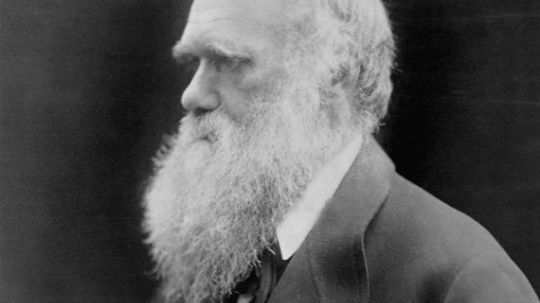Genetic Science
Genetics is the study of cellular science. It furthers our understanding of how DNA and the genetic make-up of species and can lead to cures for diseases and shape our future.

Why do people sing in the shower?
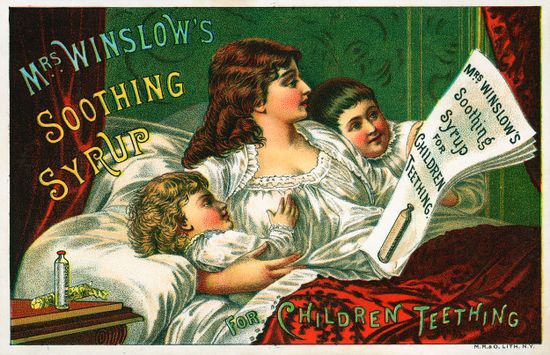
10 Bizarre Treatments Doctors Used to Think Were Legit

Ancient Egyptian Pregnancy Test Survived Millennia Because It Worked
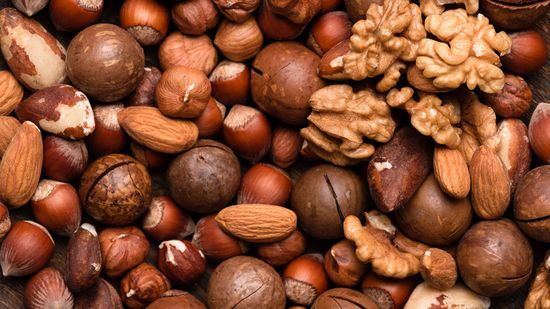
Can You Crack This Nuts Quiz?

The Science Behind Your Cat's Catnip Craze

Corpse Flower: When Nature Deceives

Hypertonic vs. Hypotonic Solutions: Differences and Uses

Your Phone Is a Germ Factory, So Stop Taking It to the Toilet
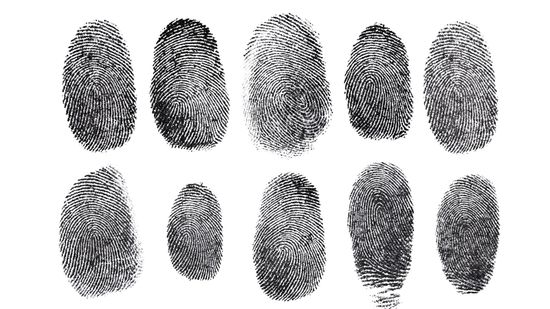
Why Even Identical Twins Have Different Fingerprints
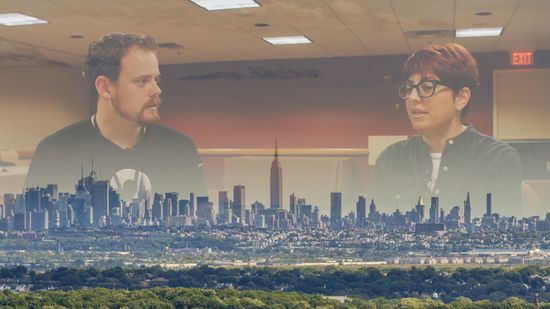
Howstuffworks Interviews: Extinction Level Events with Annalee Newitz
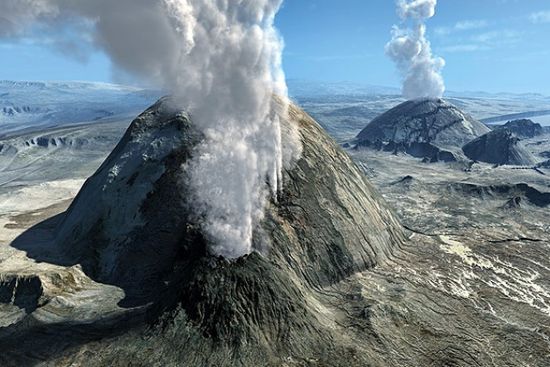
What will the Earth look like in 50,000 years?

How did language evolve?

Differences Between Pet Training and Animal Conditioning

What Is Shadow Work and How Does It, Well, Work?

Why can't we remember being babies?
Learn More
According to the Centers for Disease Control and Prevention, the average height in the United States is 5 feet, 9 inches (1.75 meters) for adult men and 5 feet, 3.5 inches (1.61 meters) for adult women. But some people can reach heights upwards of 7 or 8 feet (2.1 to 2.4 meters)!
By Sascha Bos
Before the widespread use of DNA, establishing the paternity of a child was a tricky business. Ever heard of the oscillophore?
By Dave Roos
After scientists announced the first draft of the human genome, people began to wonder how our new understanding of DNA would change life. Several research institutes stated the accomplishment would revolutionize science and modern medicine -- but how, exactly?
Advertisement
What's more fun than looking at pictures of DNA and celebrities? Check out Dolly, dimples and dominant and recessive traits in this fun gallery charting how genetics play out in humans (and a few animals).
How can children from the same parents look so different? I mean, why don't all kids from the same parents look exactly alike, since the parents just have one set of chromosomes each and they don't change?
A Punnett square helps predict the possible ways an organism will express certain genetic traits, such as purple flowers or blue eyes.
CRISPR is the genius behind innovations that seemed impossible a decade ago. Could you grow tomatoes with the kick of hot sauce or ferment wine that doesn't cause a hangover? That's just two of the things scientists are looking into.
Advertisement
What does it take to be considered a genius? Were the Mozarts and Monets of the world born with it? Or did their environment shape who they became?
When the traffic lights are functioning, drivers (usually) behave. Break a light, and everything comes to a standstill. Within our bodies, we could liken that broken traffic light to a DNA mutation — one that has the potential to mess up our body's everyday operations.
We've been raised with the belief that death is inevitable, so we must consider the legacy of what we'll leave behind. But what if you had unlimited time to pursue your life's work? What if you didn't have to die?
Ever since I took biology in high school I have wondered -- why do humans (and plants and animals) have two of every gene, and why is one "dominant" and the other "recessive"? How does my body know which one is dominant? How does it pick between the
Advertisement
The physical you is a result of your DNA, and your DNA is part of the human gene pool. Find out what the "gene pool" really is and what happens when it shrinks.
Given the choice, would you rather have been born with a different eye color, hair color or skin tone? Of course, you didn't have these options, but could you have them for your own children?
By Kevin Bonsor & Julia Layton
Cloning is the process of making a genetically identical organism through nonsexual means. In this article, we will examine how cloning works and look at possible uses of this technology.
What is the difference between a hardwood and a softwood? How hard does a tree have to be to be considered hardwood?
Advertisement
With movie titles like "Attack of the Clones" and "The Clone Wars," it's no wonder human cloning makes us anxious. As scientists make startling discoveries cloning animals, are humans next?
By Kevin Bonsor & Cristen Conger
It sounds kind of great, right? Imagine everything you and yourself could get done. You'd be masters of the world -- wouldn't you?
By Robert Lamb
Can humans live forever? No, but thanks to the discovery of the Hayflick limit, we know that cells can conceivably divide forever without dying.
By Josh Clark
Chimps share almost 99 percent of our genetic makeup. What makes up that tiny, 1 percent difference? What are the things that differentiate us from other great apes?
By Tom Scheve
Advertisement
One day you can digest dairy, and the next, milk makes you sick. The culprit behind this crime against milk? Gene regulation. But how do certain traits just switch off?
Neanderthals and humans coexisted for thousands of years, but the relationship between the two species was always a bit dysfunctional. Could we get reacquainted with our evolutionary peers?
By Robert Lamb
You yearn to peer out the window of an SUV and watch a Tyrannosaurus rex lumber into a clearing. Your home movie of said event would be a YouTube sensation. Could it ever happen?
By Robert Lamb
Many old couples tend to look like each other due to shared life experiences, according to a recent study. Learn more about why older couples look alike.
Advertisement
Who hasn't fantasized about bigger biceps? Killer abs? A rear end you could bounce a quarter off? But would you tamper with your genes to achieve that buff body?
How would you like to be the person responsible for changing science and Western civilization? With the "Origin of Species," Charles Darwin did. How did this English gent become the reluctant ambassador of evolution?
By Robert Lamb

